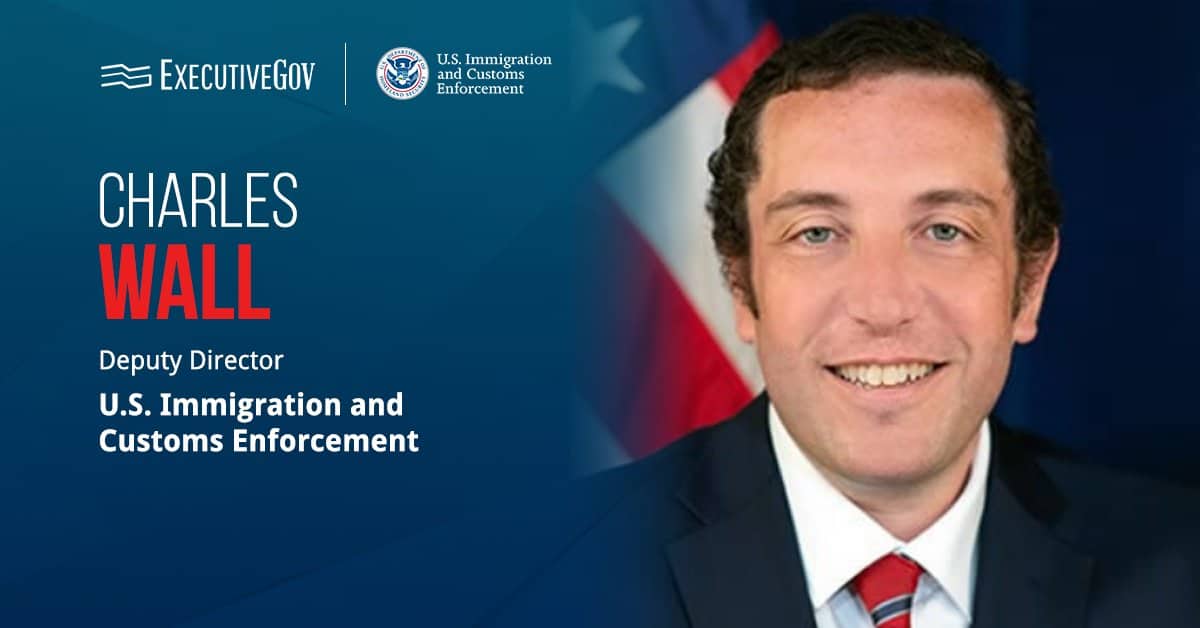
Pete Gaynor, acting administrator of the Federal Emergency Management Agency since March 2019, has been confirmed by the Senate to lead FEMA on a full-time basis.
“Throughout 2019 and into 2020, Gaynor led the agency’s recovery efforts for many devastating disasters, including the California wildfires, tornado outbreaks, severe storms, flooding in the Midwest and the Puerto Rico earthquakes,” Chad Wolf, acting secretary at the Department of Homeland Security, said in a statement released Tuesday.
Gaynor received Senate confirmation as FEMA chief nearly four months after the White House announced his nomination. He previously served as deputy administrator of the agency.
Prior to FEMA, he directed the emergency management agencies of the state of Rhode Island and the city of Providence.
He also served in the U.S. Marine Corps for 26 years.





